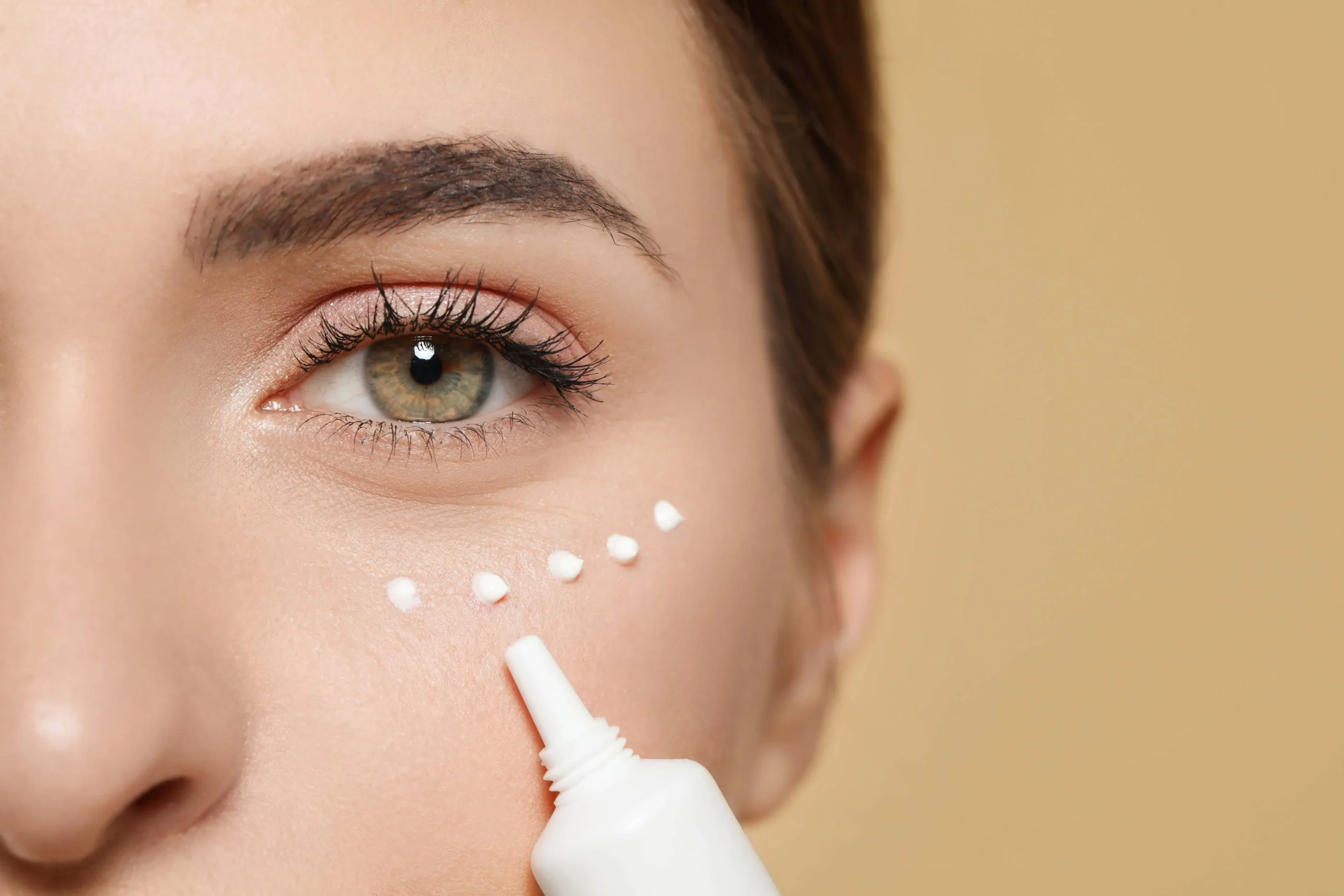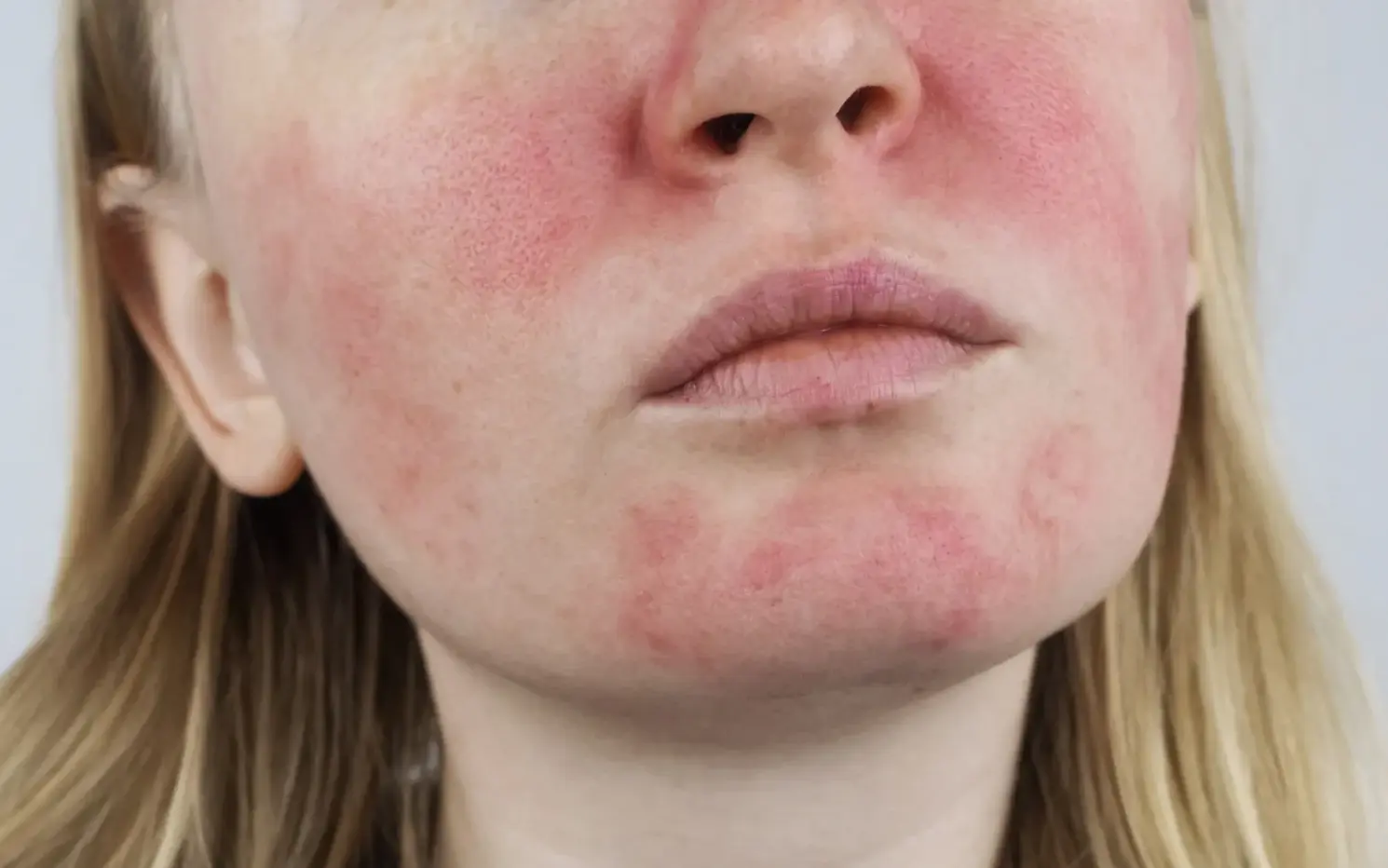We’ve all been there: finding an old tube of moisturizer or a jar of face cream at the back of a cabinet and wondering if it’s still safe to use. Skincare products don’t last forever, and using them past their expiration date can lead to a range of skin issues and health concerns. In this detailed blog post, we’ll explore the dangers of using expired skincare products and provide tips on how to safely manage and dispose of these items.
1. Understanding Skincare Product Expiration
What Does Expiry Date Mean? The expiration date of a skincare product is the date until which the product is guaranteed to remain safe and effective. After this date, the product’s formulation can change, and its safety and efficacy may be compromised. Some products mayalso have a “Period After Opening” (PAO) symbol, which indicates how long the product remains effective after it has been opened.
Why Products Expire: Skincare products are formulated with a combination of active ingredients, preservatives, and other components that can degrade over time. Factors such as exposure to light, air, and fluctuating temperatures can accelerate this degradation process.
2. Risks of Using Expired Skincare Products
1. Reduced Efficacy: Over time, the active ingredients in skincare products lose their potency. For example, antioxidants like Vitamin C can become ineffective or even unstable, reducing their ability to protect your skin from environmental damage or improve skin texture.
2. Risk of Irritation and Allergic Reactions: Expired products can break down into potentially irritating substances. For instance, preservatives may no longer be effective, leading to microbial contamination. This can cause skin irritation, redness, itching, or allergic reactions.
3. Potential for Infections: When preservatives degrade, the risk of bacterial, fungal, or mold contamination increases. Applying contaminated products can introduce harmful microorganisms to your skin, leading to infections or other skin conditions.
4. Altered Texture and Smell: Expired products often undergo changes in texture, color, and smell. A product that has separated, developed an unusual odor, or changed consistency is likely no longer safe to use. These changes can signal that the product is no longer effective or could cause skin problems.
5. Increased Sensitivity: The degradation of ingredients can lead to increased skin sensitivity. An expired product might cause stinging or burning sensations, especially if the product’s pH balance has shifted or if irritants have formed.
3. How to Determine if a Skincare Product is Expired
Check the Expiration Date: Most skincare products will have an expiration date printed on the packaging. If this date has passed, it’s generally best to discard the product.
Inspect for Changes: Look for signs of spoilage, such as:
- Color Changes: A change in color can indicate chemical breakdown.
- Texture Changes: Separation or clumping may signal that the product has gone bad.
- Odor Changes: A rancid or sour smell is a strong indicator that the product is no longer
good.
Review the PAO Symbol: If a product has a PAO symbol (e.g., a jar with a number indicating months), ensure that the product has not exceeded this timeframe since opening.
4. Best Practices for Managing Skincare Products
1. Label and Date Products: When you first open a new skincare product, label it with the date of opening. This will help you track how long you’ve been using it and when it might be time to dispose of it.
2. Store Products Properly: Keep skincare products in a cool, dry place away from direct sunlight and fluctuating temperatures. Proper storage can help extend the life of your products.
3. Regularly Declutter Your Skincare Collection: Perform regular checks of your skincare products and dispose of any that are expired or show signs of spoilage. This will help prevent the temptation to use products past their prime.
4. Dispose of Products Responsibly: Follow local regulations for disposing of expired or unwanted skincare products. Some products, especially those in aerosol cans or with specific chemical ingredients, may require special disposal methods.
5. Alternatives to Using Expired Products
1. Use Products Within Their Shelf Life: Purchase products in quantities that you can use within their recommended shelf life to avoid having to deal with expired items.
2. Opt for Products with Longer Shelf Lives: Some products are formulated with more stable ingredients and preservatives, offering a longer shelf life. Consider these options if you want to reduce waste and extend the usability of your skincare.
3. Try Sample Sizes: If you’re unsure about a product, start with sample sizes or travel-sized versions. This way, you can test effectiveness without committing to a full-size product that might expire before you finish it.
6. Conclusion
Using expired skincare products can pose several risks, from reduced efficacy to potential skin irritation and infection. By paying attention to expiration dates, inspecting products for changes, and following best practices for managing your skincare routine, you can ensure that your products remain safe and effective. Regularly decluttering your skincare collection and disposing of expired items responsibly will help you maintain a healthy, effective skincare regimen and prevent unnecessary skin issues. Remember, your skin deserves the best care, and using fresh, properly stored products is key to achieving and maintaining a healthy complexion.





